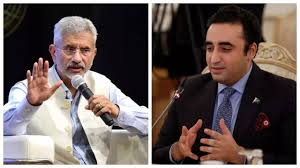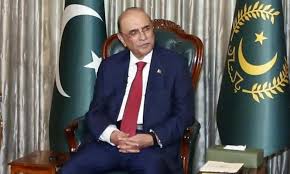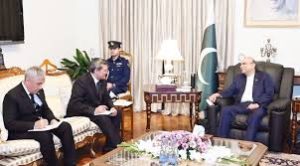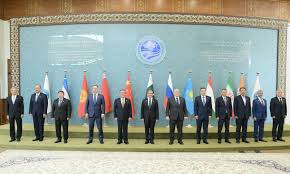The EU’s ‘Peripheral’ States Are Power Players in Brussels Now
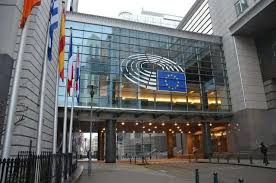
With anxiety over controlling borders now dominating political debate in the European Union, the Italian government’s plan to send thousands of migrants and refugees to detention centers in Albania while their applications for asylum are processed has attracted the attention of many European leaders. On a superficial level, the Italy-Albania deal and similar EU agreements with Turkey and other neighboring countries seem to reflect the capacity of a core group of European states to exert immense pressure on societies across the EU’s periphery. Yet when examined more closely, the question of whether it is the EU’s core or periphery that is in control of events along these borders is often not easy to answer.
For much of the EU’s history, France and Germany have often been viewed as the focal point of decision-making within European institutions. Since the height of the eurozone crisis of the early 2010s, however, domestic vulnerabilities and growing disagreements between both sides have weakened the ability of Berlin and Paris to impose their shared priorities on the rest of the EU. As challenges surrounding migration and security have become more central to the EU’s policy agenda, the pivotal role other member states play in managing borders and providing the first line of defense against military threats has put what were once considered peripheral actors within the EU system at the center of efforts to ensure its survival.
After struggling to find their feet as new members of the EU in the late 2000s and early 2010s, states along its eastern borders such as Poland and Lithuania are now at the forefront of frantic efforts to expand the EU’s military capabilities in response to Russia’s invasion of Ukraine. With Berlin struggling to reconstruct Germany’s armed forces after decades of neglect and the U.S. no longer the reliable partner it once was, the French defense sector has sought partnerships with counterparts in Poland, Finland and Romania that are in a much better position to provide the military infrastructure needed to bolster the EU’s strategic self-reliance.

